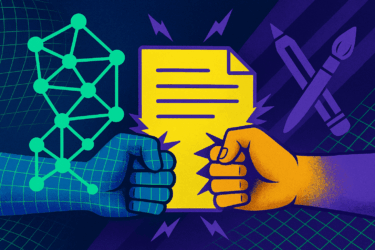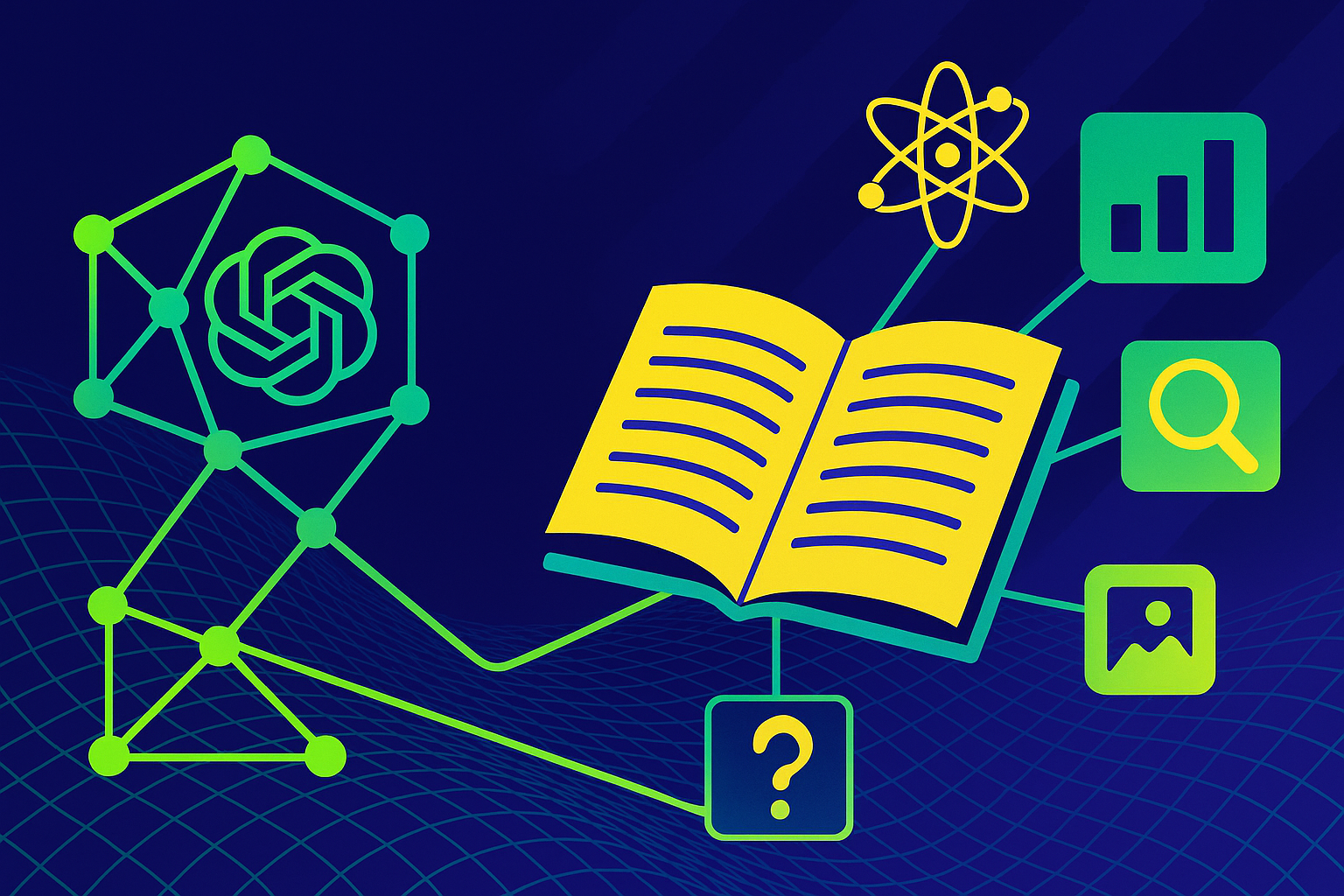Google is reportedly getting ready to unveil several new AI features at its upcoming I/O developer conference. Among them is an AI assistant aimed at software development, known internally as the "Software Development Lifecycle Agent." According to Google employees, this tool is designed to serve as a constant companion for developers, working quietly in the background to help with troubleshooting, documentation, and security tasks.
For everyday users, Google is said to be working on a new feature that takes cues from Pinterest. The idea is to let people browse fashion or interior design images and save their favorites into folders. Google may also use the event to showcase the Gemini chatbot's voice mode alongside Android XR headsets (confirmed).
Chegg, the US-based education company, is cutting 22 percent of its workforce—about 250 jobs—as more students turn to free AI tools like ChatGPT, which are replacing traditional educational services. In the first quarter, Chegg's subscriber count dropped 31 percent to 3.2 million, and revenue fell 30 percent to $121 million. As part of the restructuring, Chegg plans to close its offices in the US and Canada by the end of the year and reduce spending on marketing, product development, and administration. The company expects the changes to save up to $55 million in 2025 and as much as $110 million in 2026. Restructuring costs are projected to be between $34 and $38 million. In February, Chegg filed a lawsuit against Google, claiming that Google's AI search results are drawing away users.
Perplexity, the AI startup known for its generative search engine, is reportedly close to raising $500 million in a new funding round that would value the company at $14 billion. That marks an increase of more than 50 percent since the end of 2024, according to the Wall Street Journal. Venture capital firm Accel is expected to lead the round, with partner Sameer Gandhi likely joining Perplexity's board. Perplexity offers a search engine powered by generative AI that returns direct answers with sources instead of traditional lists of links. The company is also developing its own web browser, Comet, and has released an AI assistant for smartphones. Perplexity competes with Google's AI Overviews, ChatGPT's search, and has faced criticism from publishers like the New York Times.
ChatGPT can now access company data through a SharePoint connector. The beta feature is available for ChatGPT Plus, Pro, and Team users. With the new integration, ChatGPT can analyze and summarize content from multiple SharePoint sites, complete with source references. OpenAI says use cases include cross-department summaries of strategy documents or building customer profiles by combining internal data with information from the web.
According to OpenAI, ChatGPT only accesses content that users have permission to view, and by default, the data is not used for training. Support for Enterprise customers is coming soon. Users can configure the connector in ChatGPT settings under "Connected Apps." Last week, OpenAI also rolled out Deep Research for Github.
For the first time, insurers in London’s Lloyd’s market are offering dedicated policies that cover damages caused by errors from AI chatbots. The product was developed by Armilla, a Y Combinator-backed startup, and is designed to protect companies if they get sued over faulty AI performance—such as when customers are harmed by incorrect answers or so-called "hallucinations" from a chatbot. The coverage includes legal fees and compensation payments. A recent example comes from Air Canada, where a chatbot promised a nonexistent discount that the airline later had to honor. According to Armilla, the new policy would have applied in such a case if the bot’s performance fell significantly below expectations. Karthik Ramakrishnan, Armilla’s CEO, says the goal is to make it easier for businesses to adopt AI. Traditional tech insurance often offers only limited coverage for AI-related risks, but Armilla’s policy specifically insures against performance drops in AI models.







